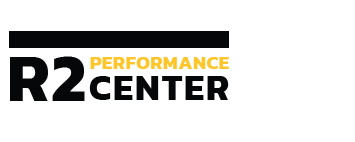

How Effective is Your Praise?
When people perform poorly, it feels intuitive to explain how they can do better on their next attempt. Through constructive criticism, we provide details where the performer can improve their strategy, process, or behavior to be able to execute correctly on their next attempt. On the flip side, it’s easy to say, “Great job!” and leave it at that when someone succeeds. We often think if the performer got it right, obviously they will be able to repeat it. That’s not always true. We can do something well and not understand how our preparation or performance was critical to our success. Effective praise is adding an extra sentence to the “Great job!” In this additional sentence, you explain specifically what that person did right in regard to their process, effort, and skill.
Example:
Someone gives a successful presentation:
Ineffective Praise: Great job!
Effective Praise: Great job! Your preparation was evident in your ability to answer all questions clearly and succinctly, and your body language and volume displayed confidence throughout the presentation.
Benefits of Effective Praise
- Shows you were really watching: If you aren’t watching someone perform carefully, it’s easy to see success and say “good job” or give a thumbs up. Adding another sentence explaining what they did to succeed will show the individual that you were paying attention to their performance.
- Demonstrates your genuine interest/authenticity: When a person takes the time to explain what the performer did right, it shows you care about their success. It also demonstrates investment in the performer and their future performances. The extra detail included in effective praise shows that the “good job” was authentic and real based on that person’s performance.
- Can promote winning streaks: When you create a winning streak, you are creating the opportunity for the performer to experience continued success over time. By adding an extra sentence to explain what precisely the performer did right, when they perform again, they can focus on those aspects of the performance and experience the success again.
Experienced Performers
Effective praise isn’t only for learning a new skill. When someone is well-practiced at an activity or skill, it is even easier to lean on “good job” and a thumbs up. Experienced learners may not make as many mistakes that create opportunities for constructive criticism. Effective praise can be a way to help the performer continue to up their game. Identifying and explaining what they did right to be successful can allow the performer to focus on that aspect of their performance during their next attempt.
Resources
Watch VideoDownload Infographic
MORE SKILLS
